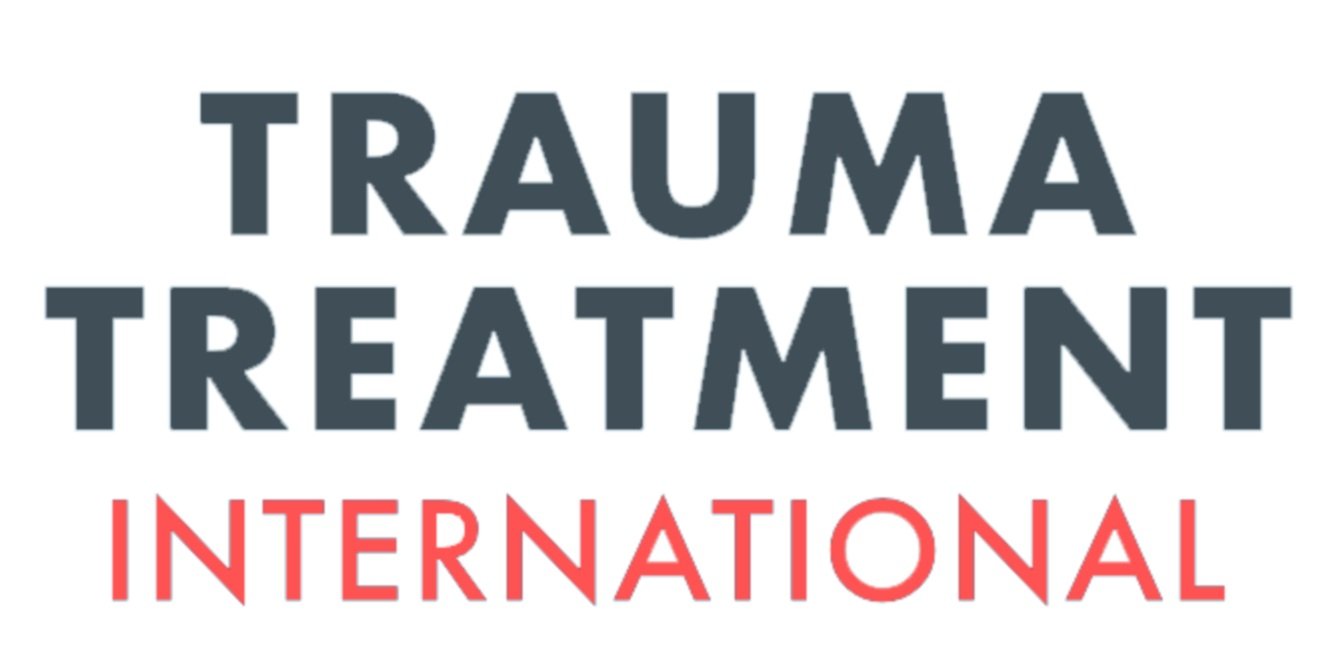“The most important point for me is that I don’t feel like a ‘once in a decade’ case”
Trauma Treatment International is looking back on a successful first year of its trauma clinic, in which more than 20 former hostages, prisoners of war and victims of torture were treated.
Led by clinical psychologist Dr Sarah Whittaker (left), the clinic is run both online via video link and face-to-face at a dedicated practice in London’s Vauxhall. Clients are referred to us by partner organisations such as Hostage International and Faithless Hijabi.
One such client who continues to receive treatment at the clinic is Martin Lautwein, who was abducted by the Syrian military regime and held in solitary confinement for 48 days in 2018.
Having gone through unimaginable horrors during his detainment, Martin found himself struggling with his mental health once back home in Germany. After several unsuccessful attempts at seeking therapy, he was seen by Sarah, who has previously worked in Iraq, Sri Lanka and Sudan.
He said: “It makes it much easier to speak to a person who is actually familiar with humanitarian aid and working in the middle east. The most important point for me is that I don’t feel like a ‘once in a decade’ case with Sarah.
“It really makes a difference to speak to a therapist and have the feeling that she is not only experienced with trauma in general, but also with the specific things that I have experienced.”
The treatment offered at our clinic is provided by specialist clinical psychologists who have extensive experience in working with victims of complex trauma. Our methods have been proven to be effective by high quality research; this is known as evidence-based practice.
TTI is proud to be one of the only providers of trauma treatment to offer such a specialist service; indeed, the lack of evidence-based treatment for trauma victims was one of the reasons the charity was set up in 2017.
Sarah said: “We are very proud that the first year of our trauma clinic has been such a success. In our second year, we hope to secure funding which will help us both operate at current capacity and recruit another psychologist to expand our services even further.”
Research shows that trauma treatment reduces symptoms of post-traumatic stress disorder in 91 per cent of victims, while 86 per cent have improved social outcomes compared to those who do not undergo therapy.

